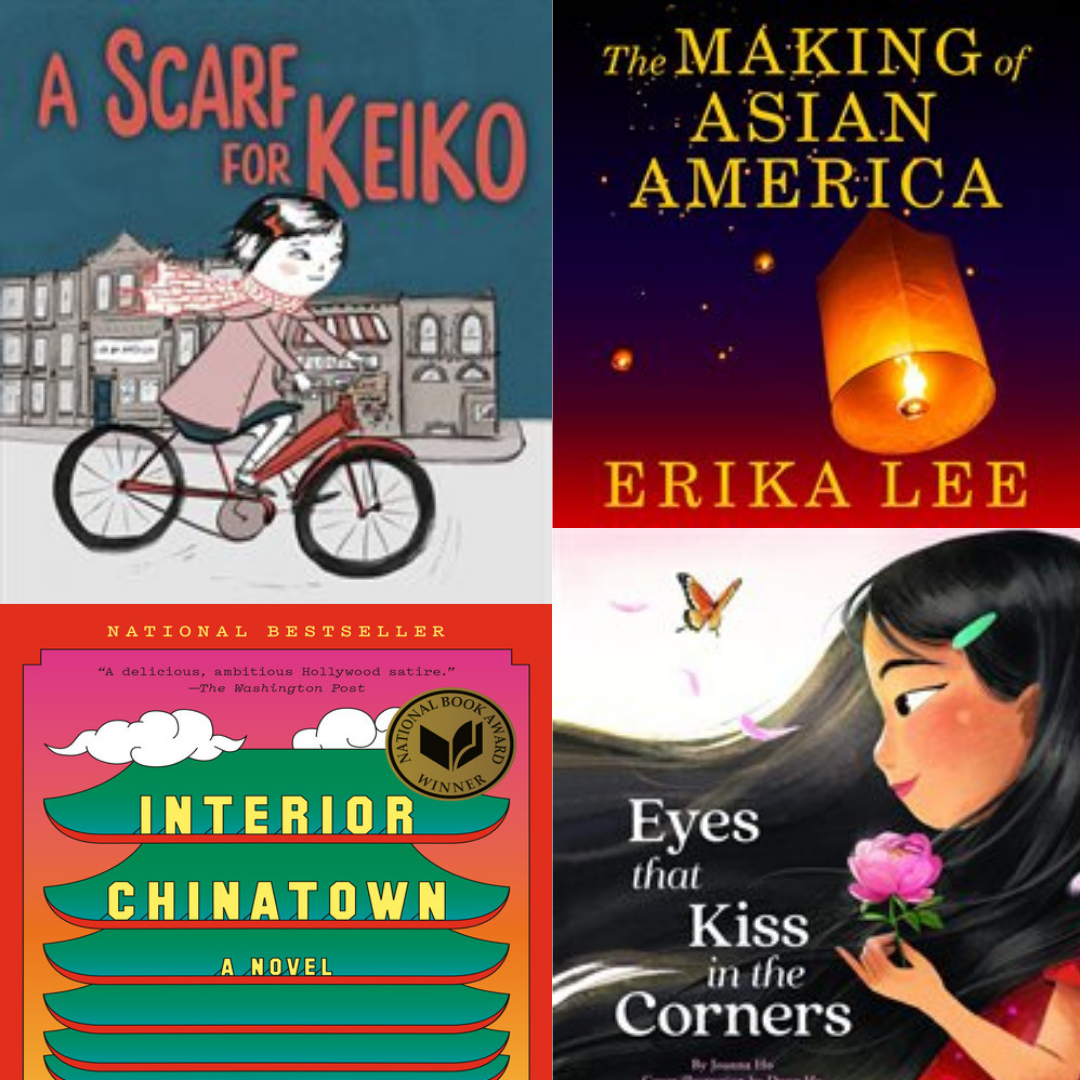This month we honor and celebrate the many Asian Americans and Pacific Islanders who have enriched our history, our culture, and our communities. Celebrated nationally in May, Asian American and Pacific Islander (AAPI) Heritage Month is an opportunity to expand understanding of the people who contributed to and remain essential to America’s future success.
This year’s celebration is especially significant coming in the wake of months of xenophobia and increasing anti-Asian racism in our country. Poudre River Public Library District encourages our community to check out these, and many other, AAPI voices through a mix of contemporary books, eBooks, audiobooks, and graphic novels.
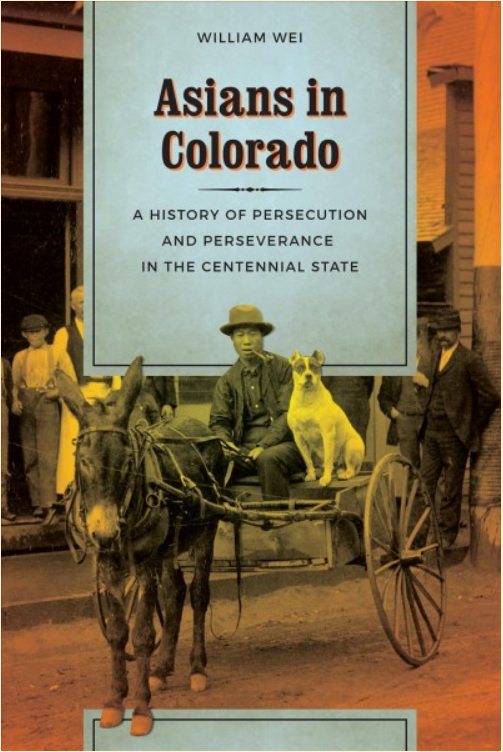
Asians in Colorado: A History of Persecution and Perseverance in the Centennial State
by William Wei
Providing the most comprehensive examination to date of Asians in the Centennial State, William Wei addresses a wide range of experiences, from anti-Chinese riots in late nineteenth-century Denver to the World War II incarceration of Japanese Americans at the Amache concentration camp to the more recent influx of Southeast Asian refugees and South Asian tech professionals.
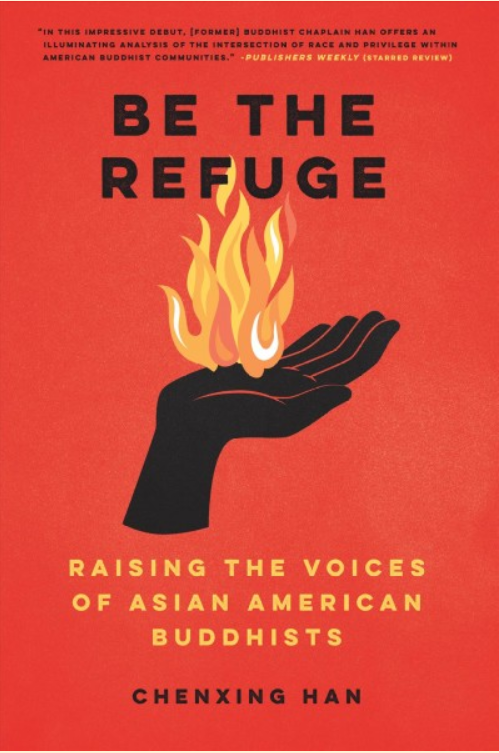
Be the Refuge: Raising the Voices of Asian American Buddhists
by Chenxing Han
Be the Refuge is both critique and celebration, calling out the erasure of Asian American Buddhists while uplifting the complexity and nuance of their authentic stories and vital, thriving communities. The book includes the stories of trailblazers, bridge-builders, integrators, and refuge-makers who hail from a wide range of cultural and religious backgrounds.
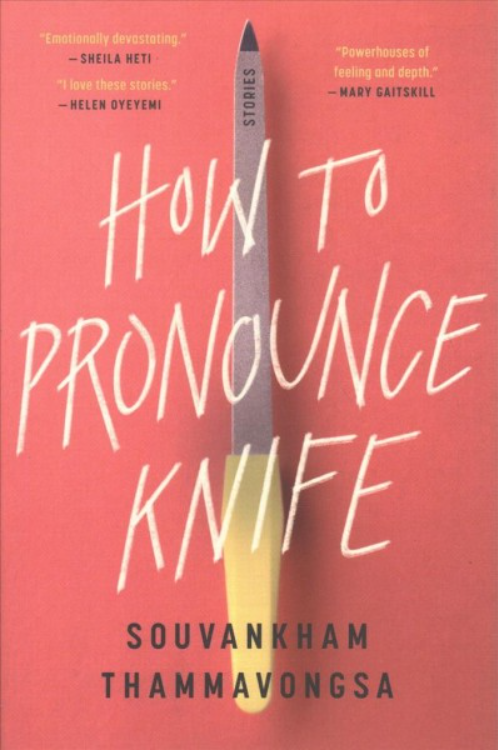
How to Pronounce Knife: Stories
by Souvankham Thammavongsa
In her stunning debut, Thammavongsa captures the day-to-day lives of immigrants and refugees in a nameless city, illuminating hopes, disappointments, love affairs, and above all, the pursuit of a place to belong.
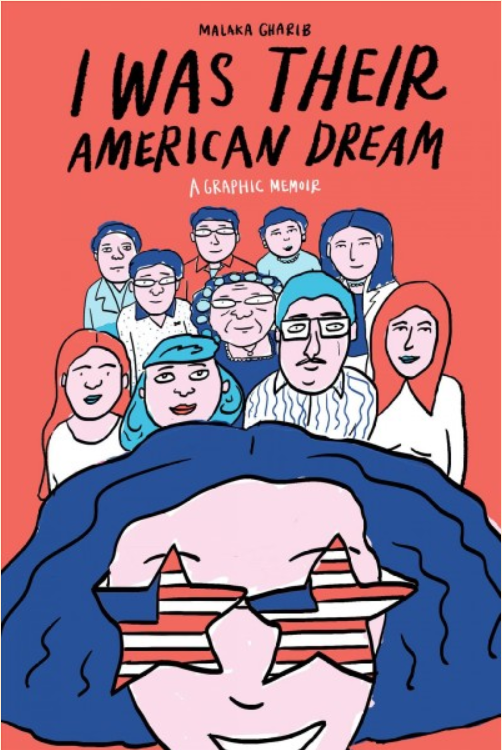
by Malka Gharib
The daughter of parents with unfulfilled dreams themselves, Malaka navigated her childhood chasing her parents’ ideals, learning to code-switch between her family’s Filipino and Egyptian customs, adapting to white culture to fit in, crushing on skater boys, and trying to understand the tension between holding onto cultural values and trying to be an all-American kid.
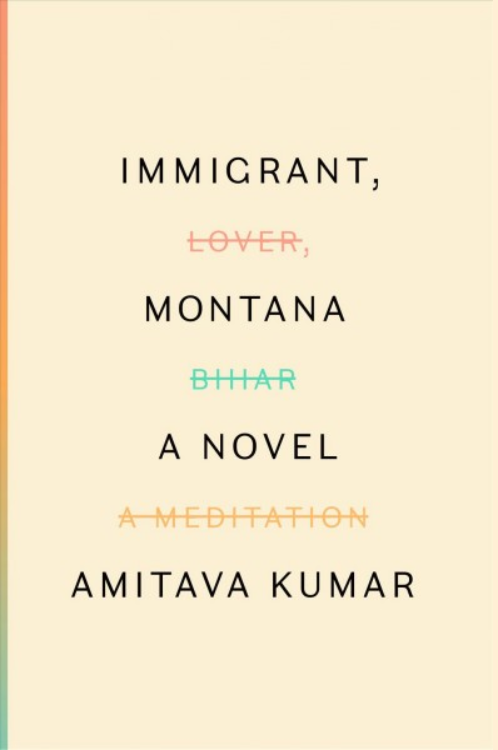
by Amitava Kumar Carrying a single suitcase, Kailash arrives in post-Reagan America from India to attend graduate school. Looking back on the formative period of his youth, Kailash’s wry, vivid perception of the world he is in, but never quite of, unfurls in a brilliant melding of anecdote and annotation, picture and text. Building a case for himself, both as a good man in spite of his flaws and as an American in defiance of his place of birth, Kailash weaves a story that is at its core an incandescent investigation of love; despite, beyond, and across dividing lines.
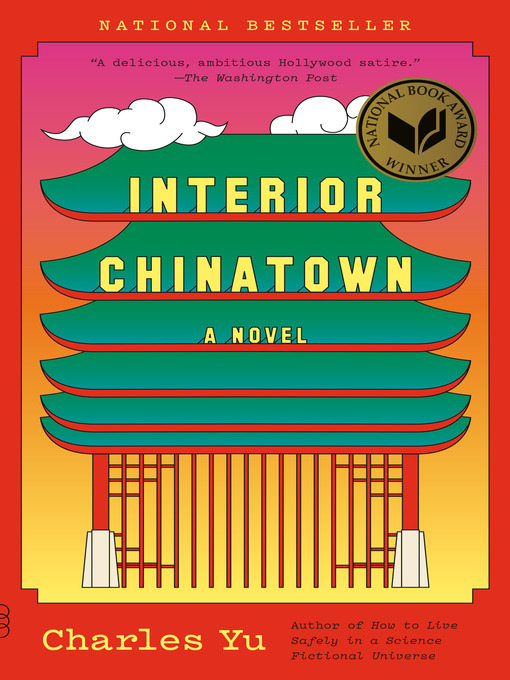
by Charles Yu
From the infinitely inventive author of How to Live Safely in a Science Fictional Universe comes a deeply personal novel about race, pop culture, immigration, assimilation, and escaping the roles we are forced to play.
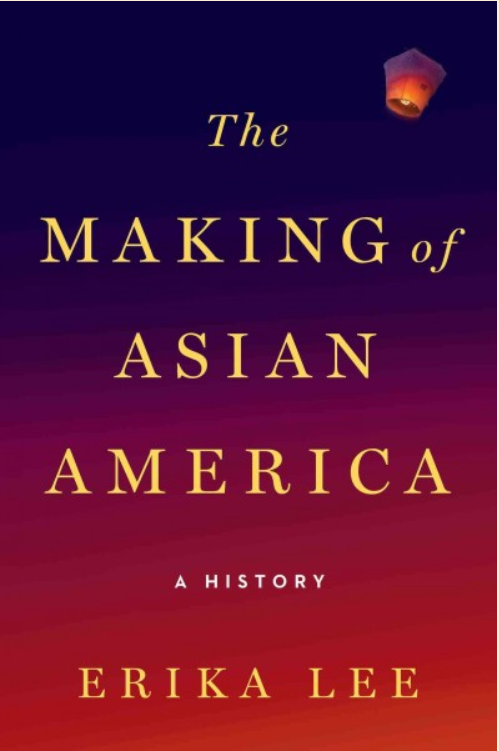
The Making of Asian America: A History
by Erika Lee
In the past fifty years, Asian Americans have helped change the face of America and are now the fastest growing group in the United States. But as award-winning historian Erika Lee reminds us, Asian Americans also have deep roots in the country. The Making of Asian America tells the little-known history of Asian Americans and their role in American life, from the arrival of the first Asians in the Americas to the present-day.
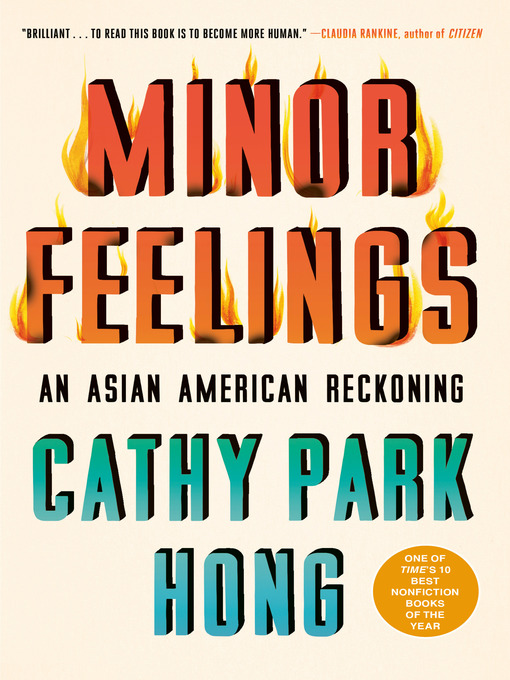
Minor Feelings: An Asian American Reckoning
by Cathy Park Hong
Poet and essayist Cathy Park Hong fearlessly and provocatively blends memoir, cultural criticism, and history to expose fresh truths about racialized consciousness in America. Part memoir and part cultural criticism, this collection is vulnerable, humorous, and provocative and its relentless and riveting pursuit of vital questions around family and friendship, art and politics, identity and individuality, will change the way you think about our world.
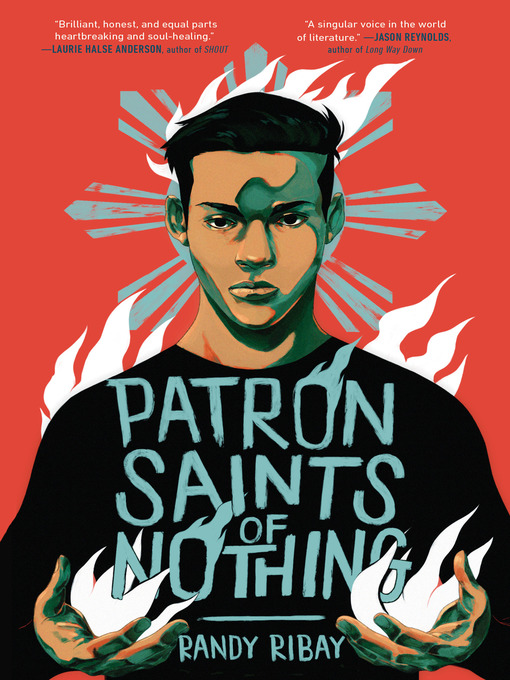
by Randy Ribay
A powerful coming-of-age story about grief, guilt, and the risks a Filipino-American teenager takes to uncover the truth about his cousin’s murder. Patron Saints of Nothing is a page-turning portrayal of the struggle to reconcile faith, family, and immigrant identity. (Young Adult)
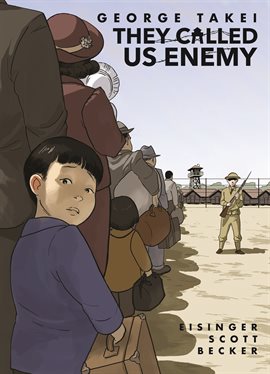
by George Takei; art by Harmony Becker
The iconic actor and activist presents a graphic memoir detailing his experiences as a child prisoner in the Japanese-American internment camps of World War II, reflecting on the hard choices his family made in the face of legalized racism.
Plus, a few titles for kids:
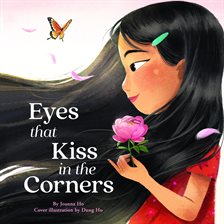
by Joanna Ho
A young Asian girl notices that her eyes look different from her peers’. She realizes that her eyes are like her mother’s, her grandmother’s, and her little sister’s. They have eyes that kiss in the corners and glow like warm tea, crinkle into crescent moons, and are filled with stories of the past and hope for the future. Drawing from the strength of these powerful women in her life, she recognizes her own beauty and discovers a path to self-love and empowerment. This powerful, poetic book will resonate with listeners of all ages and is a celebration of diversity.
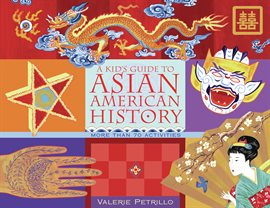
A Kid’s Guide to Asian American History
by Valerie Petrillo
Hands-on activities, games, and crafts introduce children to the diversity of Asian American cultures and teach them about the people, experiences, and events that have shaped Asian American history.
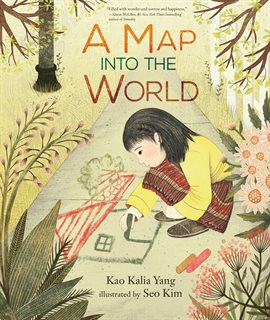
written by Kao Kalia Yany, illustrated by Seo Kim
Paj Ntaub, a young Hmong American girl, spends a busy year with her family in their new home, and seeks a way to share the beauty of the world with a grieving neighbor.
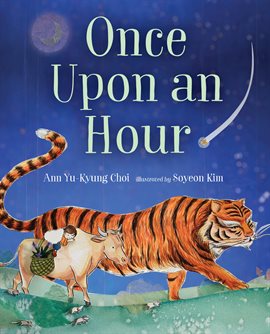
written by Ann Yu-Kyung Choi, illustrated by Soyeon Kim
Yu-Rhee, a young Korean girl, wants to know how to tell time using a clock. Her mother tells her a tale from her childhood based on the traditional Korean practice of timekeeping, where the 12 animals of the zodiac are assigned to 2-hour sections of the 24-hour clock. Ultimately, Once Upon an Hour is a story about determination and teamwork that shows young readers the importance of helping others.
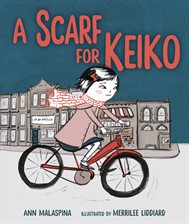
written by Ann Malaspina, illustrated by Merrilee Liddiard
It’s 1942. Sam’s class is knitting socks for soldiers and Sam is a terrible knitter. Keiko is a good knitter, but some kids at school don’t want anything to do with her because the Japanese have bombed Pearl Harbor and her family is Japanese American. When Keiko’s family is forced to move to a camp for Japanese Americans, Sam tried to find a way to demonstrate his friendship.
Looking for more recommendations for AAPI Heritage Month? Need help downloading digital eBooks and audiobooks or streaming films with Kanopy? Visit the Poudre River Public Libraries in person or online at www.PoudreLibraries.org.

